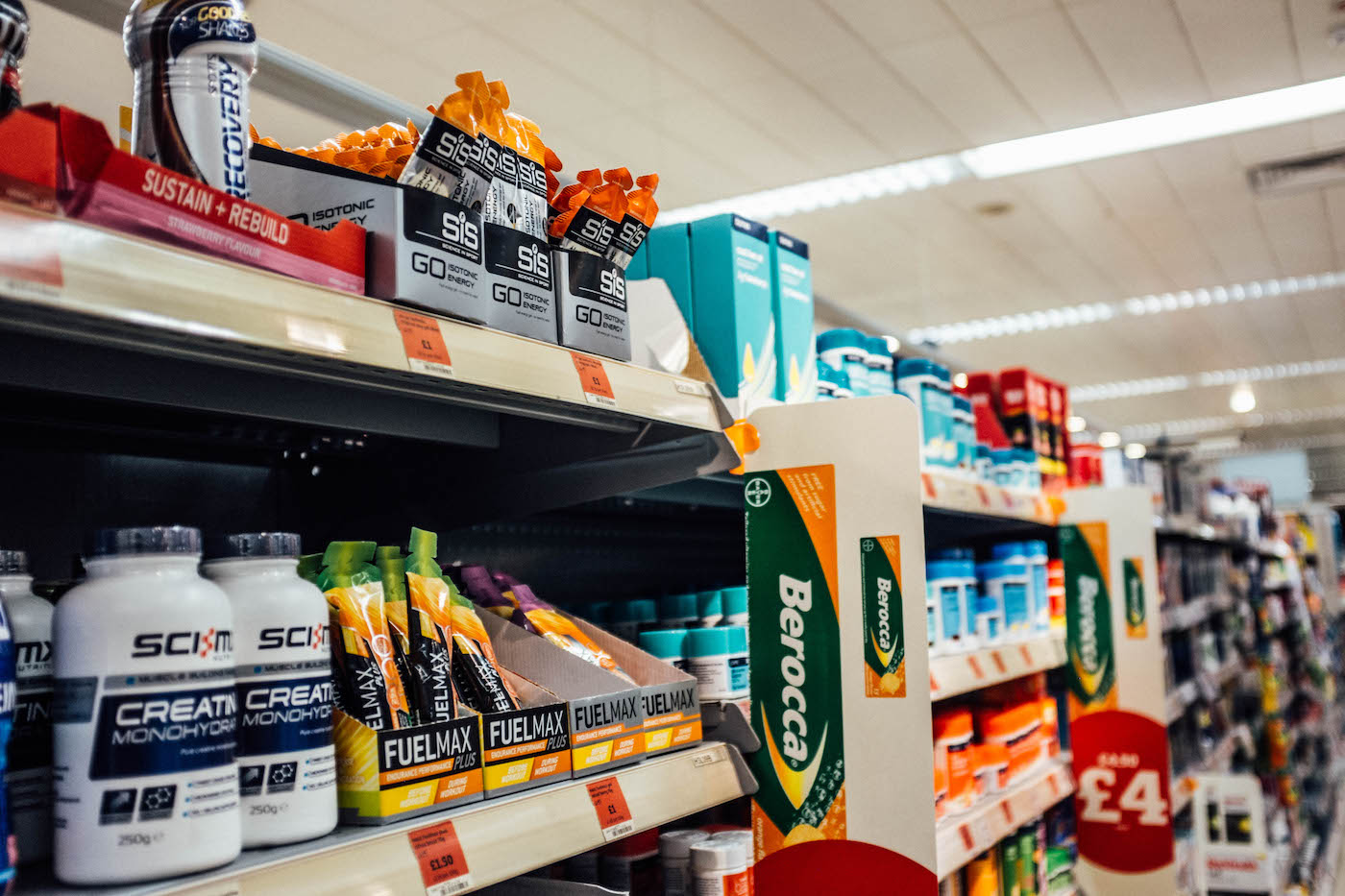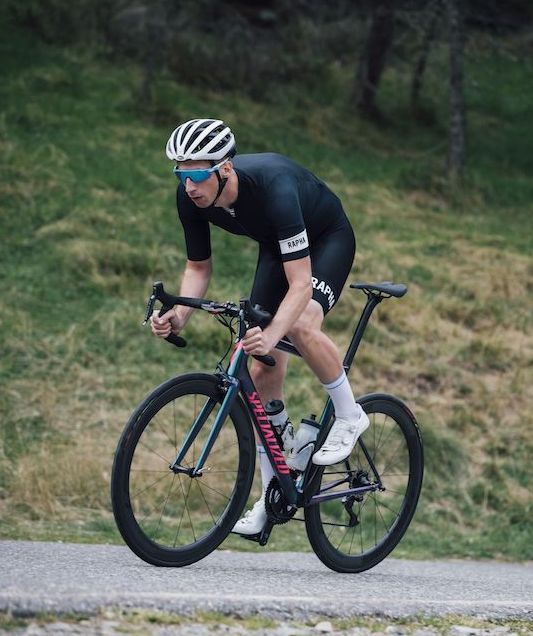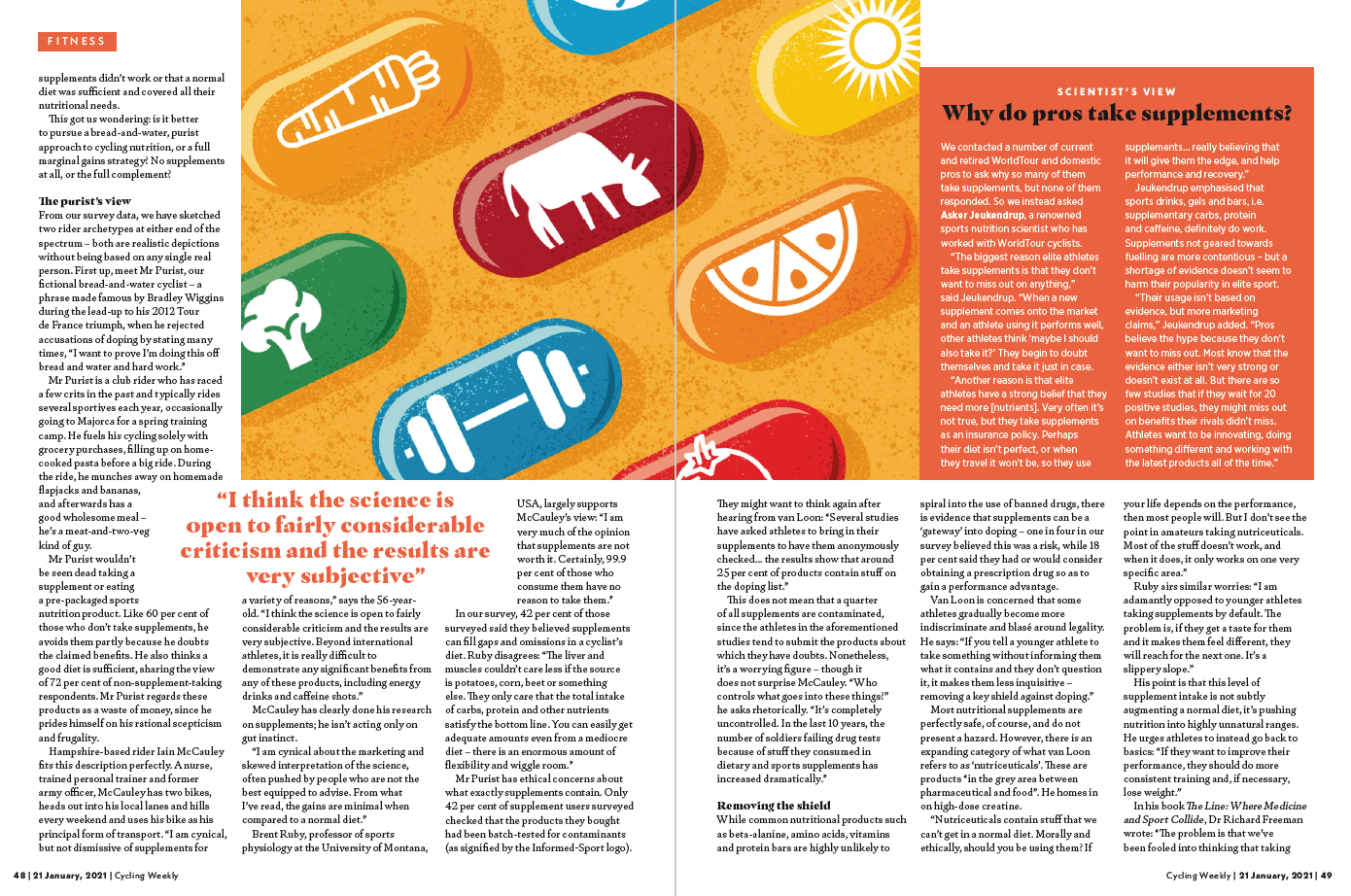The great supplement debate: What you told us
A recent CW survey revealed a stark divide in opinion on sports supplements. But who wins this debate, asks Chris Marshall-Bell, the purists or the pill-poppers?


How long would it take you to eat half a cow? No, we don’t know either. But if you wanted to get a 20g dose of creatine from a natural food source, that’s what you would need to do.
“We ordinarily get 2g of creatine a day,” explains Luc Van Loon, a professor of physiology and nutrition at Maastricht University in the Netherlands, “a gram through a normal diet and a gram that we produce naturally, But with creatine supplements, you’re loading 20g a day. To get that in a normal diet, you’d have to eat half a cow. We can’t sustain that in a normal, nutritious diet.”
Creatine is one of the most popular sports supplements worldwide - a market worth more than £40bn and which continues to grow. Supplements crop up all the time when chatting to cyclists. It’s quite hard to define exactly what a sports supplement is, but the vast majority of them – whether in bar, drink, tablet or powder form – claim to benefit an athlete’s performance in a ‘natural’, legal manner.
But eating half a cow’s worth of creatine in a single dose – for example – doesn’t strike me as very natural. Are supplements really in keeping with the spirit of the World Anti-Doping Code or the unwritten sporting code between competitors? Besides, do supplements really make a difference anyway?

We decided to investigate further by conducting an online poll of Cycling Weekly readers, asking about their use of supplements. The results revealed a split, broadly speaking, between two contrasting camps – those who take lots of supplements and those take none at all. It appears to be something of a ‘Marmite’ debate.
Eighty-two percent of the 220 people surveyed take at least one supplement each week – predominantly protein/energy products and vitamins. Of those who took none, most believed that supplements didn’t work or that a normal diet was sufficient and covered all their nutritional needs.
You can read the full article on supplements in the January 21 issue of Cycling Weekly magazine. If you're avoiding going out to the shops you can subscribe and get 12 issues for £24.99. You can also order single issues to be delivered direct to you.
Get The Leadout Newsletter
The latest race content, interviews, features, reviews and expert buying guides, direct to your inbox!

Thank you for reading 20 articles this month* Join now for unlimited access
Enjoy your first month for just £1 / $1 / €1
*Read 5 free articles per month without a subscription

Join now for unlimited access
Try first month for just £1 / $1 / €1
Follow on Twitter: @richwindy
Richard is digital editor of Cycling Weekly. Joining the team in 2013, Richard became editor of the website in 2014 and coordinates site content and strategy, leading the news team in coverage of the world's biggest races and working with the tech editor to deliver comprehensive buying guides, reviews, and the latest product news.
An occasional racer, Richard spends most of his time preparing for long-distance touring rides these days, or getting out to the Surrey Hills on the weekend on his Specialized Tarmac SL6 (with an obligatory pub stop of course).
-
 'It took everything' - Puck Pieterse outclimbs Demi Vollering to win La Flèche Wallonne
'It took everything' - Puck Pieterse outclimbs Demi Vollering to win La Flèche WallonneDutch 22-year-old shows Classics pedigree with first one-day victory
By Tom Davidson
-
 Tadej Pogačar flies to dominant victory at La Flèche Wallonne
Tadej Pogačar flies to dominant victory at La Flèche WallonneSlovenian takes second win at Belgian classic ahead of Kévin Vauquelin and Tom Pidcock
By Tom Thewlis